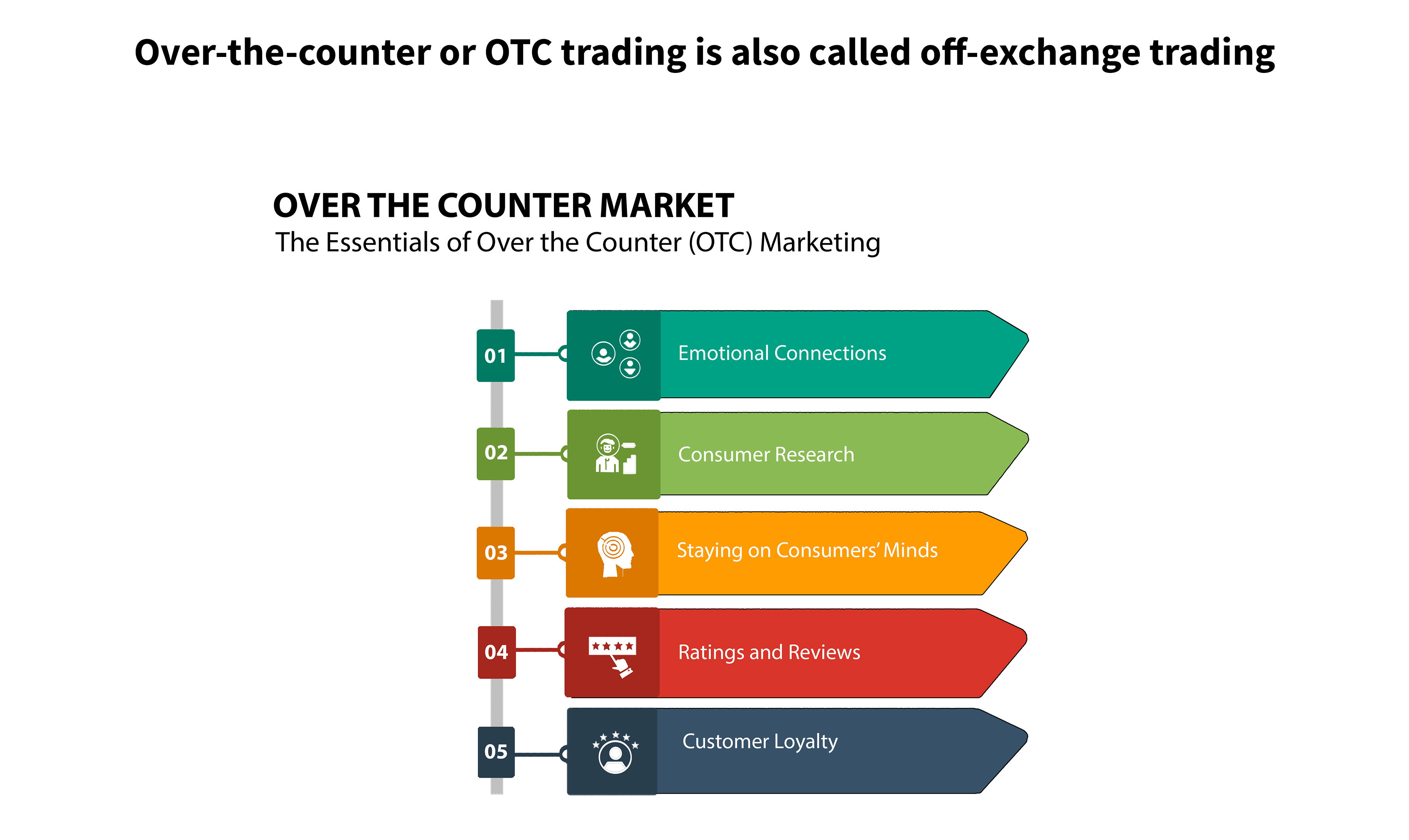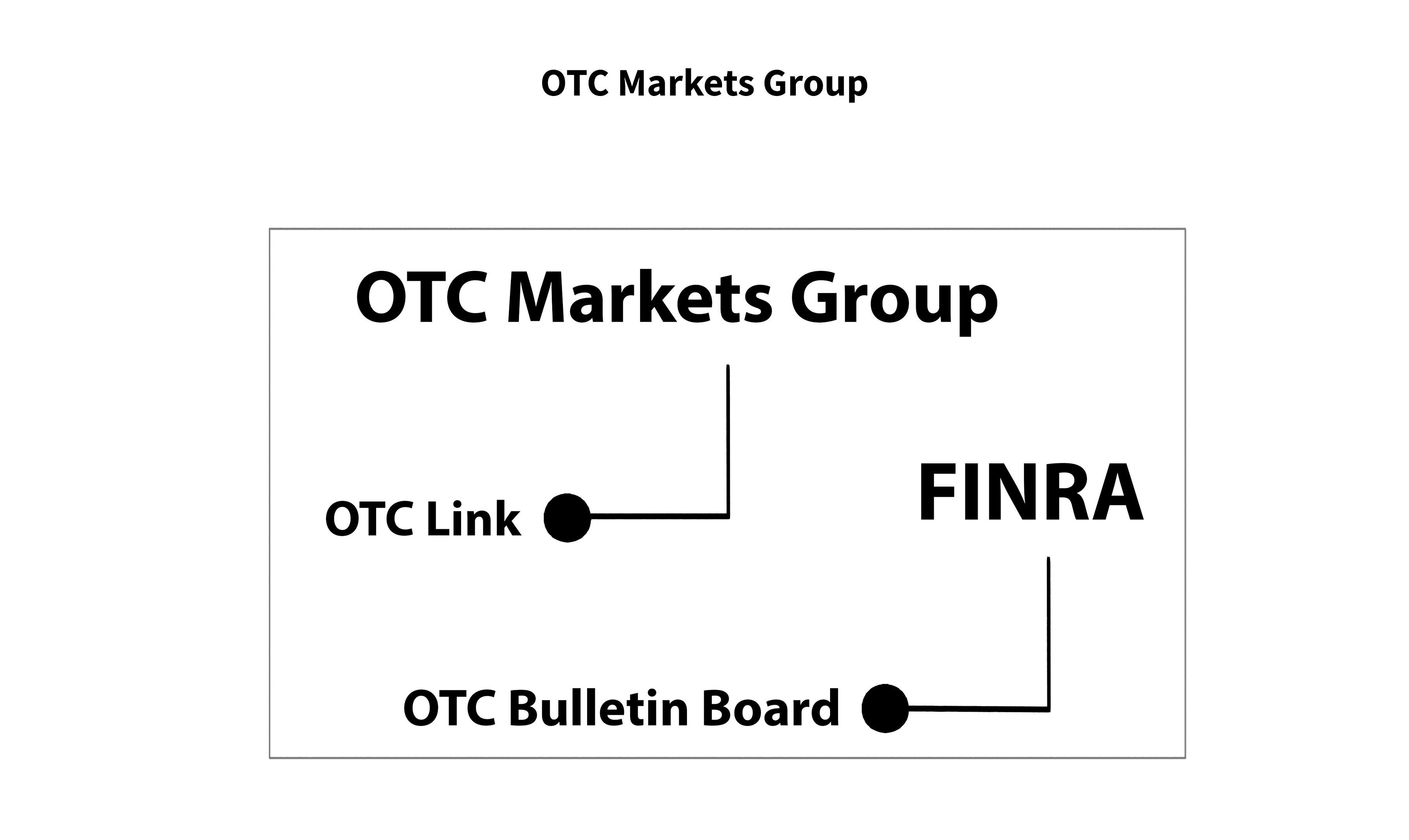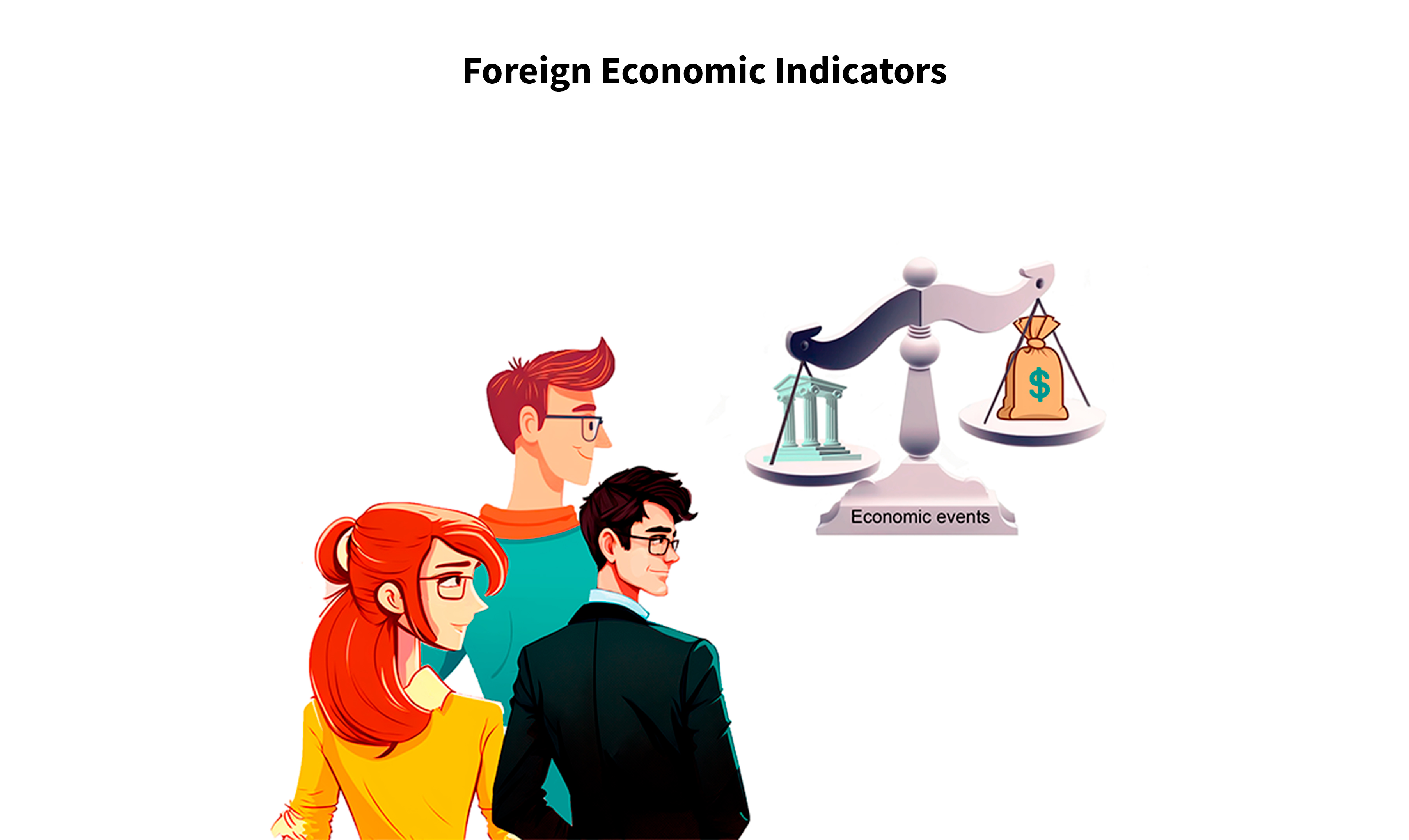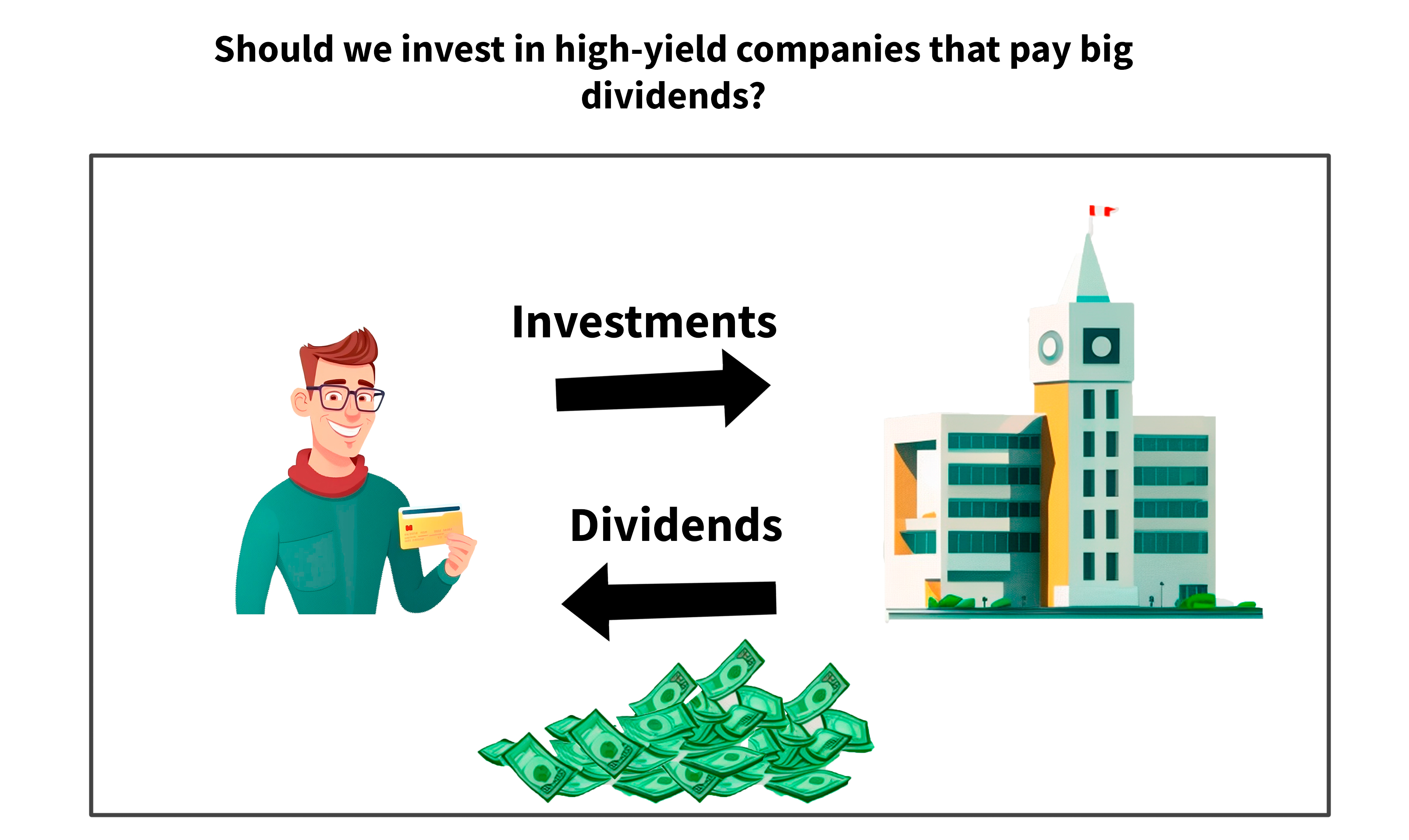Over-the-counter or OTC trading is also called off-exchange trading. Especially as unconventional forms of finance, such as Blockchain technology and cryptocurrencies, grow in popularity. As new financial methods emerge, so does the need to become more acquainted with them and keep up with the evolving trend. As suggested by the second moniker, trade between two parties happens directly as opposed to through a formal exchange like the New York Stock Exchange.

How does it work?
In essence, broker-dealers often referred to as market makers, carry out trades. They interact and bargain with one another via inter-dealer quote services like OTC Markets Group's OTC link or FINRA's OTC bulletin board. Despite not being as strictly governed as the New York Stock Exchange, there are still rules and prerequisites in place.

OTC trading has a reputation that is not always positive, due to factors such as:
1. Less liquidity. You can end up holding the proverbial bag if you discover that there are no buyers for what you're selling or that you need to drastically lower your pricing expectations to attract customers.
2. Less transparency. Without the requirement that the cost is made public.
3. More pronounced counterparty risk. For instance, in a derivatives transaction, one party might have agreed to purchase an asset from another at some point in the future, yet the agreement might be breached by one side before the contract has even expired.
PROS Involved:
1. The fact that companies that don't qualify for exchange listings can still gain market access, with even Walmart starting out in the OTC space.
2. Keeping a low profile with some buyers and, or sellers happy for what prices are not being publicly disclosed for various reasons.
3. The less regulatory red tape. For example, facilitates ultra-speculative high risky but also potentially high-return penny stock trading.
All in all, love it or hate it, OTC trading is an option worth taking into consideration.
Key Takeaways:
1. OTC trading is a type of off-exchange trade that involves direct communication between two parties as opposed to a formal exchange.
2. Market makers, commonly referred to as broker-dealers, execute OTC trades.
3. OTC trading has less liquidity, less transparency, and more pronounced counterparty risk than exchange trading.
4. OTC trading can be beneficial for companies that don't qualify for exchange listings, as well as for buyers and sellers who prefer to keep prices private. 5. OTC trading can facilitate high-risk, high-return penny stock trading.



